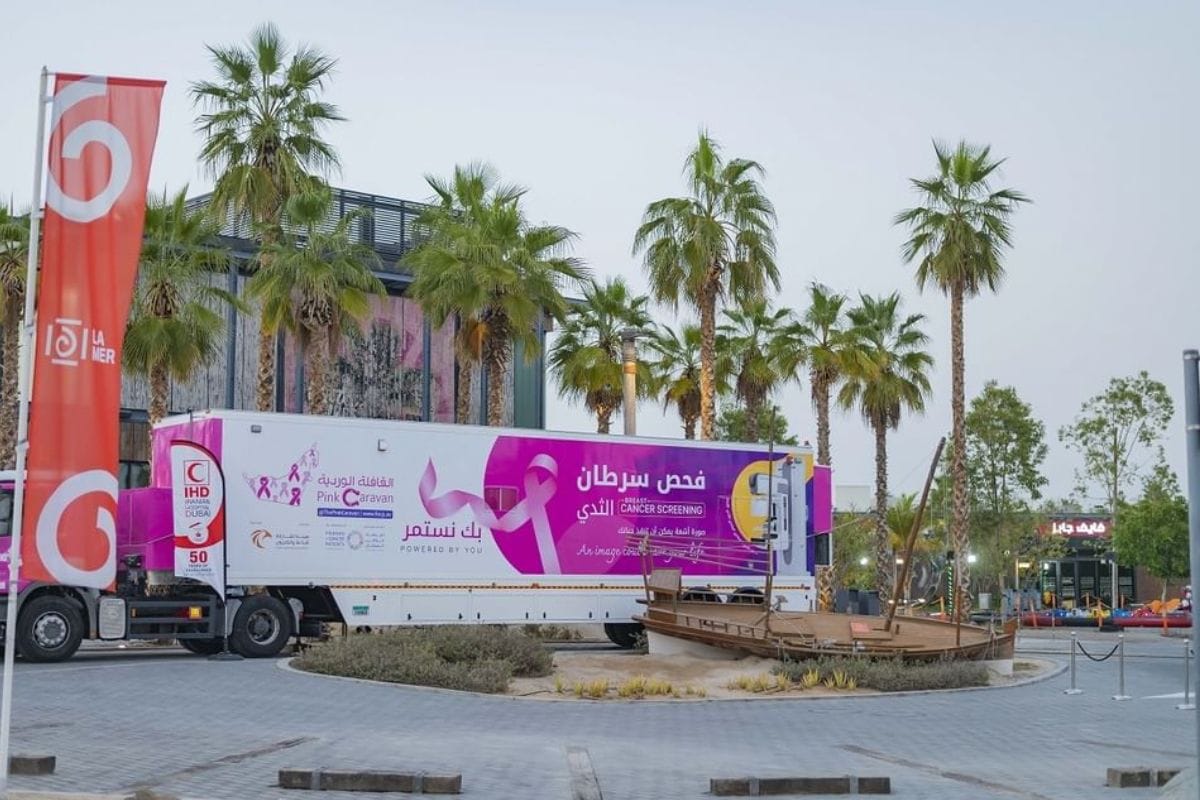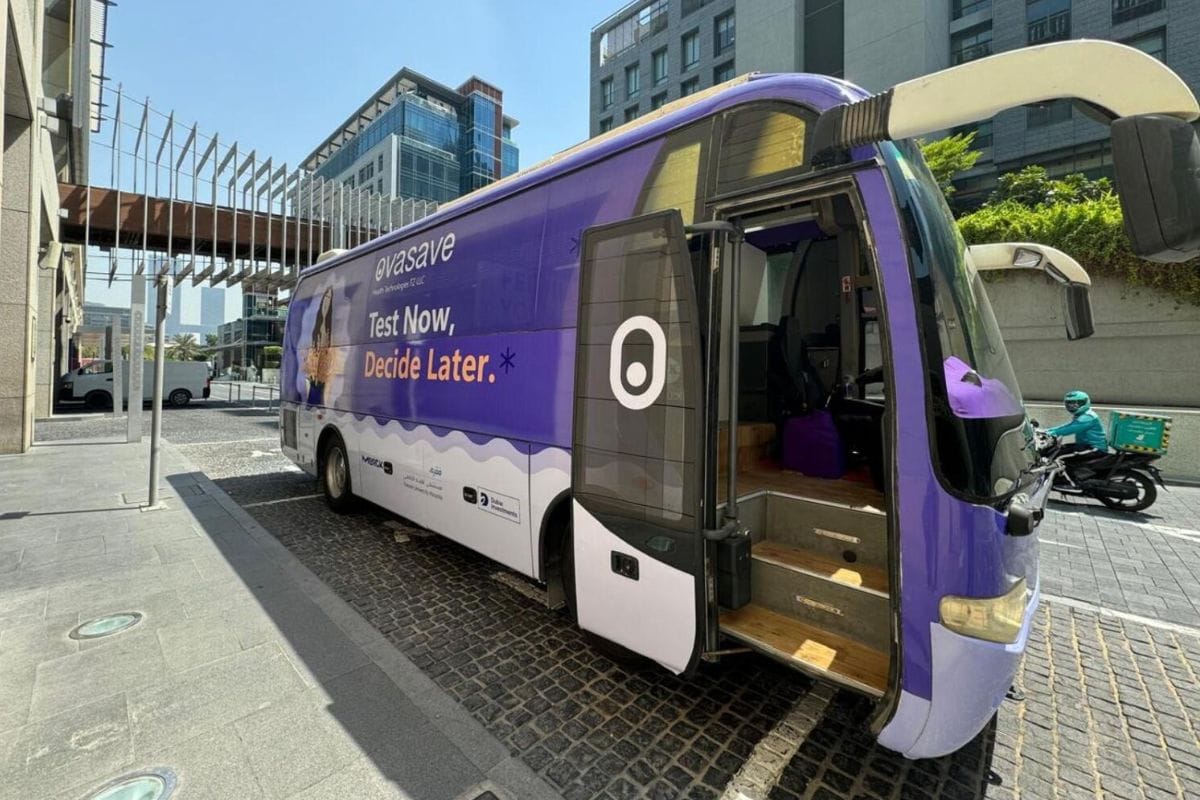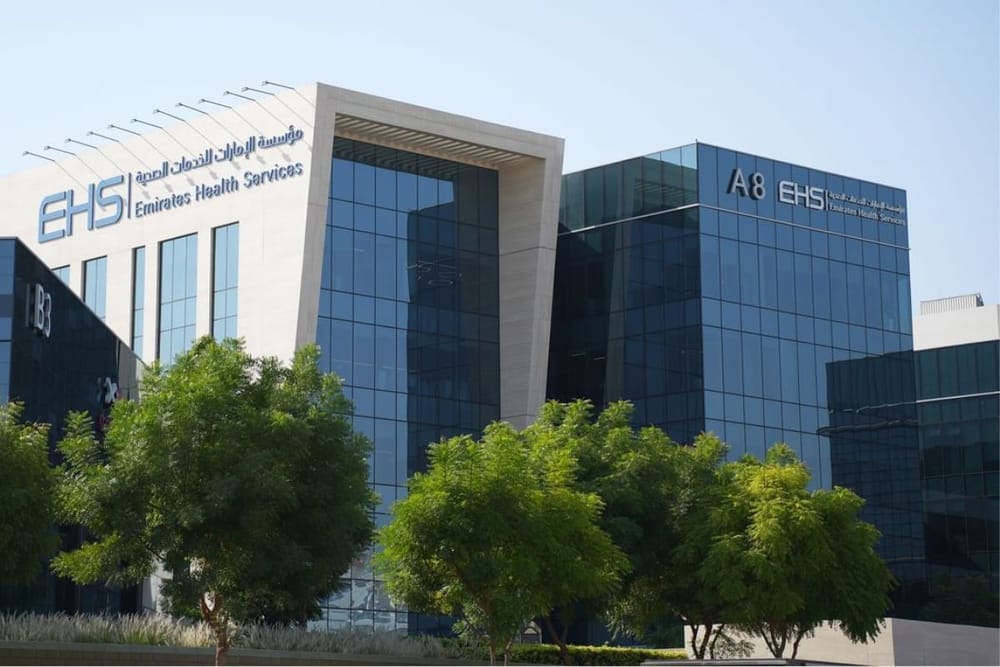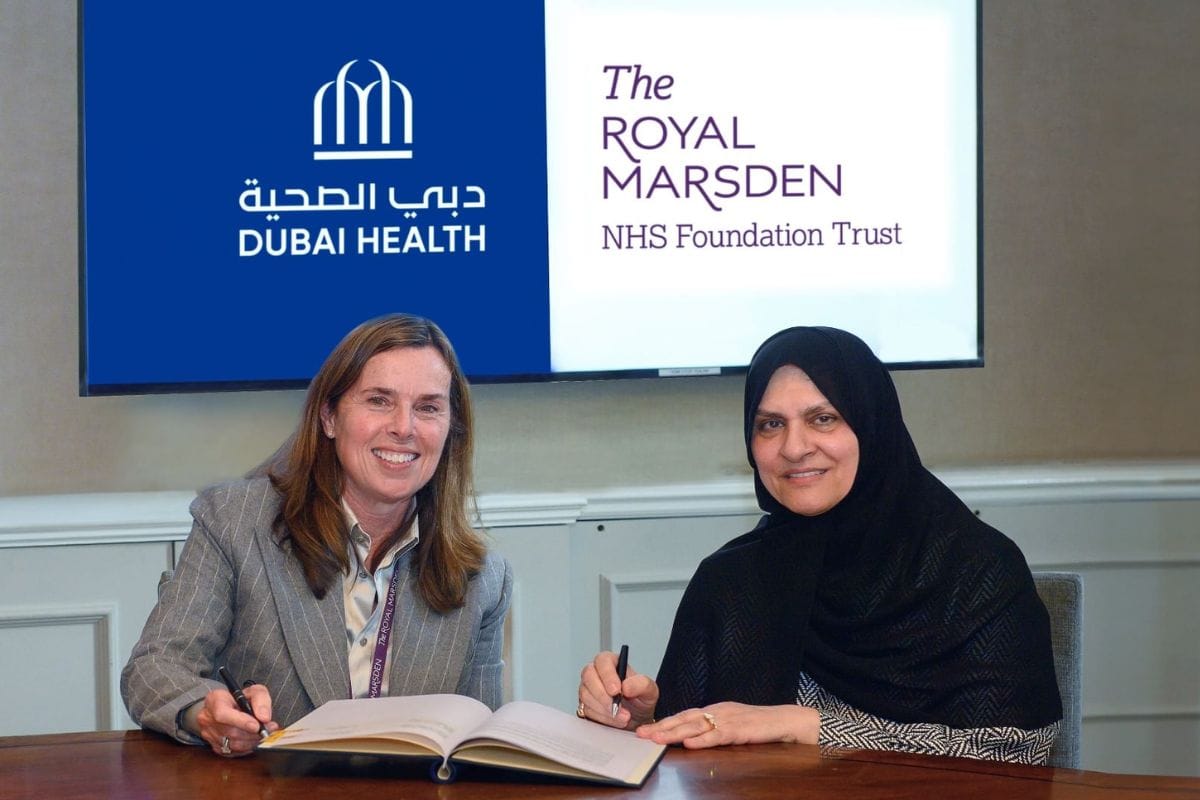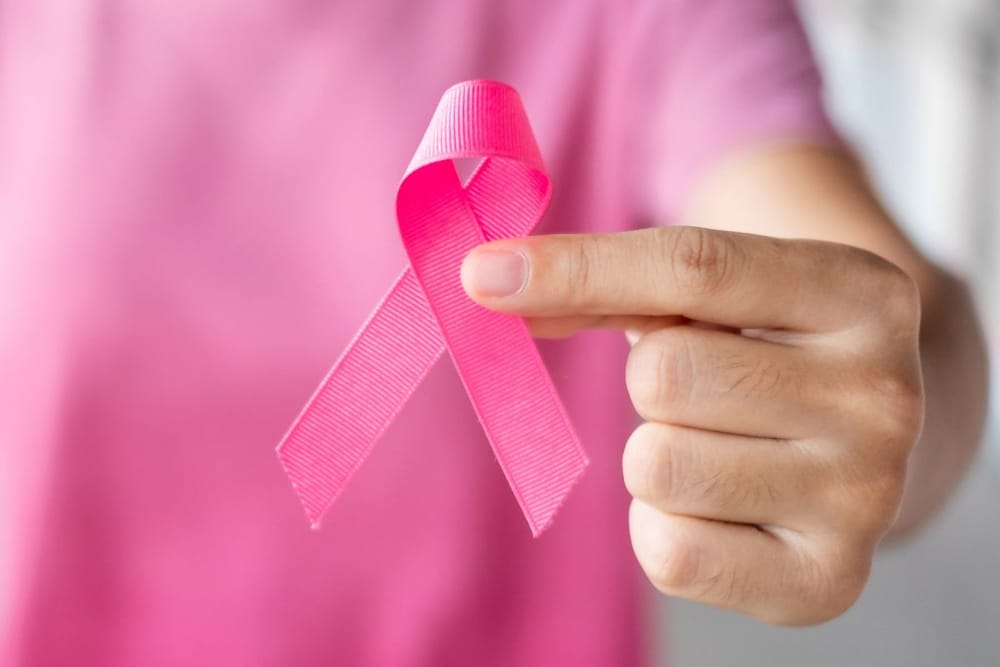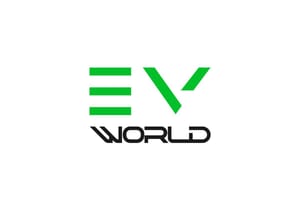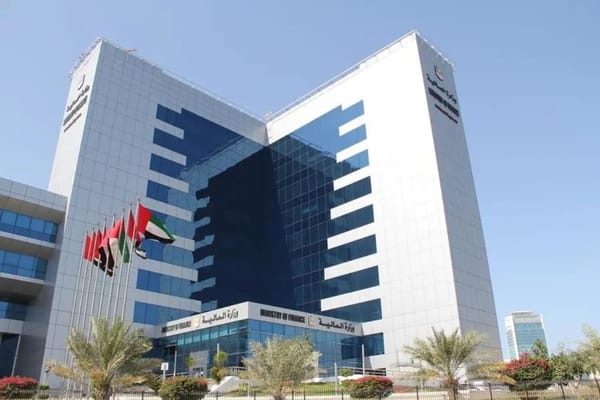What if a simple action could save your life or the life of someone you love? Every October, the world unites in a powerful movement known as PINKtober, dedicated to raising awareness about breast cancer and promoting early detection through screenings. In Dubai, this initiative takes on a vibrant energy, transforming the city into a canvas of pink as communities come together to raise awareness about breast cancer.
With a range of free screenings, educational events, and support activities, PINKtober serves as a crucial reminder for women to prioritize their health and to empower themselves with knowledge about breast cancer.
What is PINKtober and Why is it Celebrated?
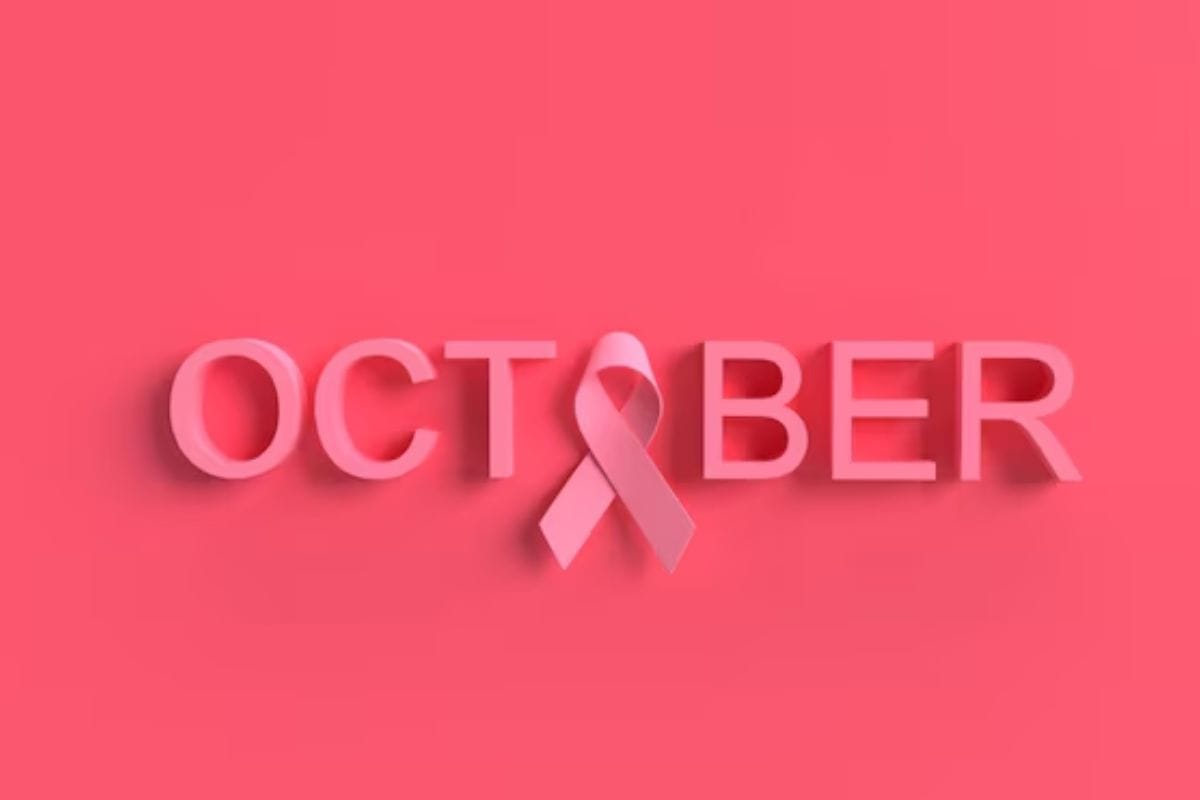
PINKtober, also known as Breast Cancer Awareness Month, is a global health initiative that takes place every October. It was established to raise awareness about breast cancer, one of the most common and potentially fatal forms of cancer affecting women worldwide. This month-long campaign aims to highlight the importance of early detection, education, and support for those affected by the disease.
The movement started around 1990s when health organizations, patient groups, and advocacy organizations banded together to dedicate October to breast cancer awareness. The color pink, often associated with femininity and care, was chosen to symbolize the fight against breast cancer, leading to the term "PINKtober."
Throughout the month, activities and events are organized globally, including fundraising efforts, community outreach, educational programs, and free screenings. These events emphasize the critical role early detection plays in reducing breast cancer mortality rates, as well as the need for improved treatment options and support systems for survivors.
By celebrating PINKtober, communities come together to honor those affected by breast cancer, support ongoing research, and encourage individuals to be vigilant about their health. It is a time for raising awareness, fostering discussions about prevention, and ensuring that everyone has access to life-saving information and resources.
Why is Screening Important?
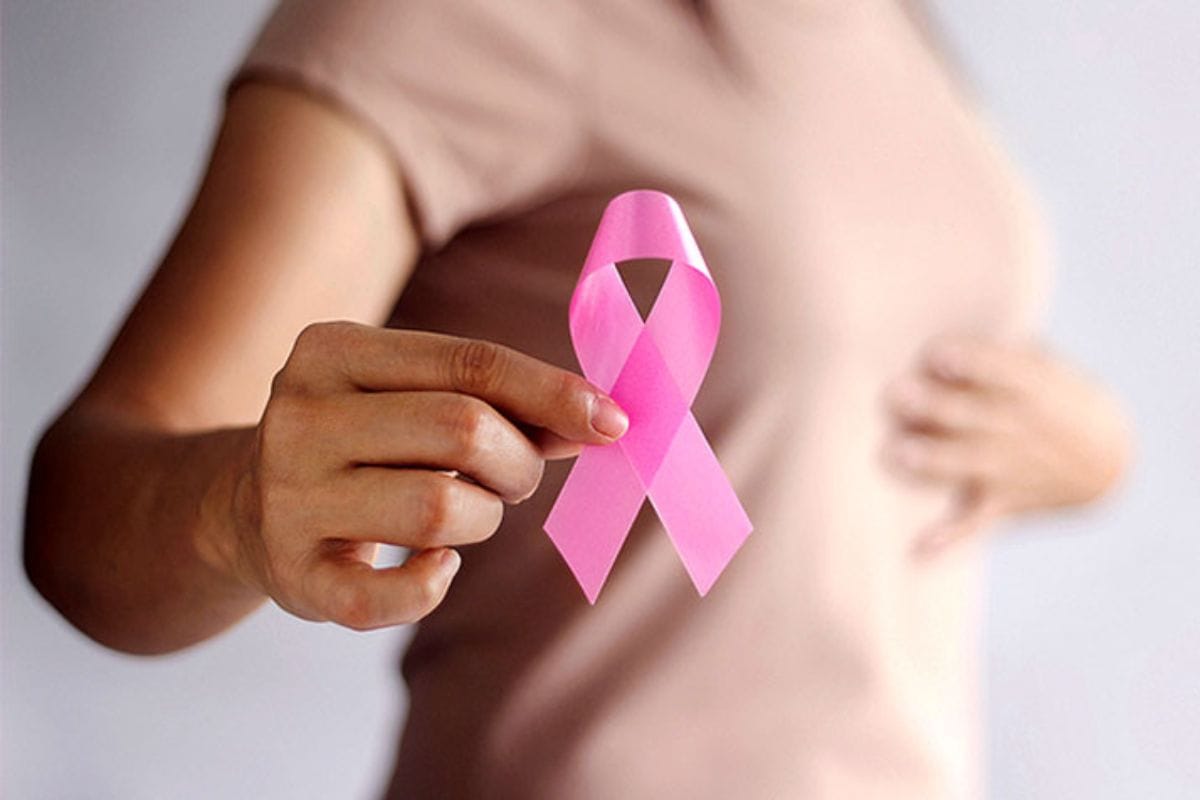
Breast cancer screening is an essential preventive measure that enables early detection of the disease, significantly improving treatment outcomes and survival rates. Regular screenings help identify breast cancer at an earlier stage, often before symptoms appear, which is crucial for successful treatment. Below are the key reasons why breast cancer screening is vital:
- Early Detection Saves Lives:
Early detection of breast cancer allows for a wider range of treatment options and improves the chances of survival. Studies have shown that women diagnosed with breast cancer during its early stages (stage 0 or stage 1) have a much higher survival rate than those diagnosed at later stages. Screening tools, such as mammograms, can detect cancerous growths even when they are too small to feel during a self-examination, allowing for early intervention. - Improved Treatment Outcomes:
When breast cancer is detected early, the treatment is often less invasive. For example, a tumor discovered early may be treated with a lumpectomy, a procedure that removes only the tumor, rather than a mastectomy, which involves removing the entire breast. Moreover, early-stage cancers may not require aggressive treatments like chemotherapy, leading to better overall health outcomes and fewer side effects. - Reduction in Mortality:
Regular screening has been linked to a significant reduction in breast cancer-related deaths. Mammography screening programs worldwide have demonstrated a decrease in mortality rates, particularly among women aged 40 and above. By detecting cancer before it spreads, these screenings help prevent the disease from advancing, leading to better survival statistics. - Awareness and Health Literacy:
Screening campaigns and awareness programs, such as those conducted during PINKtober, also serve to educate women about breast health. These initiatives encourage women to be proactive about their health, understand the risks, and seek medical advice promptly. This heightened awareness helps build a culture of preventive healthcare, where routine check-ups and screenings become a regular part of a woman's health plan. - Personalized Risk Assessment:
Screenings are an opportunity to assess a woman's personal risk of developing breast cancer. Factors such as age, family history, and genetic predisposition can increase the likelihood of developing breast cancer. During screenings, healthcare providers can discuss these risks with patients, allowing them to make informed decisions about further preventive measures, such as genetic testing or more frequent screenings.
How to Prevent Breast Cancer
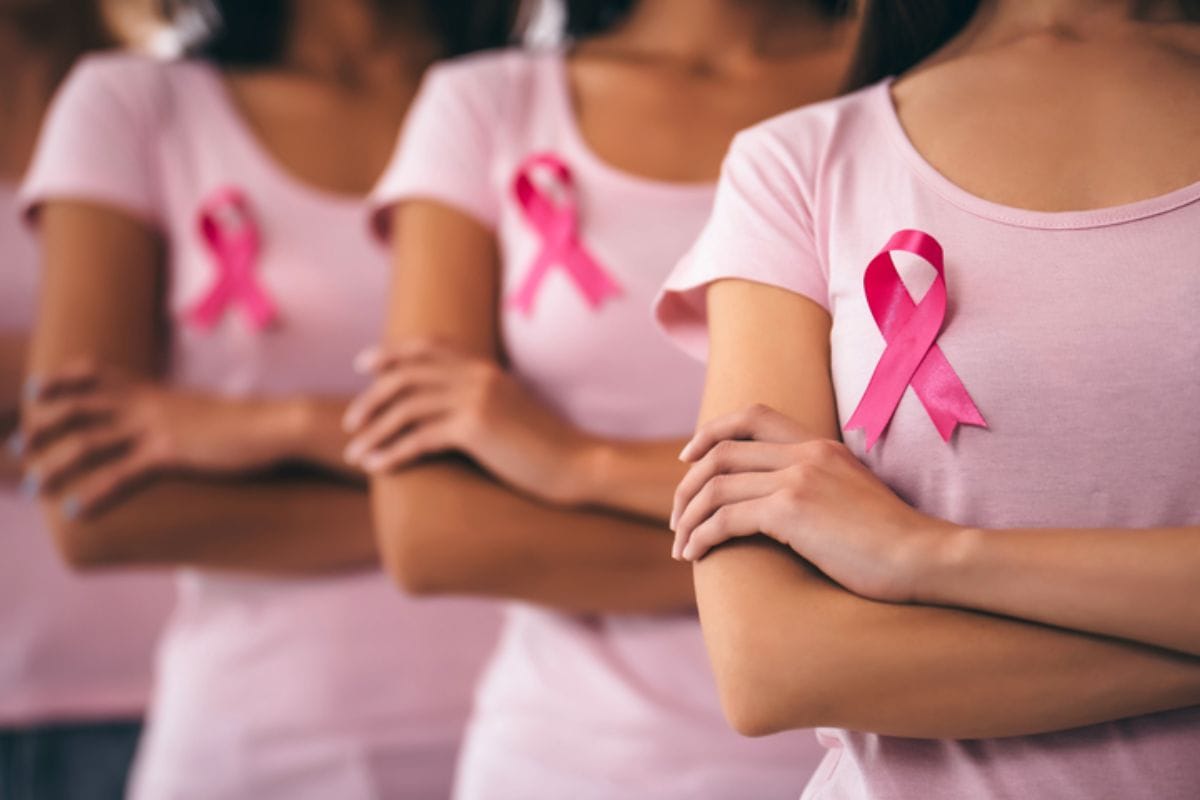
While breast cancer cannot always be prevented, adopting healthy habits and making informed lifestyle choices can significantly lower the risk of developing the disease. Here are some of the most effective ways to reduce your chances of breast cancer:
1. Regular Screenings
One of the most crucial preventive measures is adhering to recommended screening guidelines. Mammograms and clinical breast exams help detect cancer at an early stage when it is most treatable. Women over 40, or those with a family history of breast cancer, are encouraged to undergo regular screenings. Early detection through screening significantly increases survival rates and helps manage the condition more effectively.
2. Maintain a Healthy Diet
Eating a balanced diet rich in fruits, vegetables, whole grains, and lean proteins can reduce the risk of breast cancer. Foods high in antioxidants, like berries, leafy greens, and nuts, have been shown to lower cancer risk. Limiting the consumption of processed foods, red meat, and high-fat dairy products also helps promote overall health and reduces cancer susceptibility.
3. Exercise Regularly
Regular physical activity helps maintain a healthy body weight, which is critical in reducing breast cancer risk. Women who are physically active for at least 30 minutes a day have a lower risk of breast cancer. Exercise helps regulate hormones, including estrogen, which can contribute to the development of certain breast cancers.
4. Limit Alcohol Consumption
Research has consistently linked alcohol consumption to an increased risk of breast cancer. Even moderate drinking (one drink per day) can elevate the risk, so it is advised to limit alcohol intake as much as possible. For those who drink, keeping consumption to a minimum, or avoiding it altogether, is a smart preventive strategy.
5. Avoid Smoking
Smoking is a well-known risk factor for many types of cancer, including breast cancer. Tobacco use can increase the chances of developing breast cancer, especially in premenopausal women. Quitting smoking not only reduces cancer risk but also improves overall health.
6. Know Your Family History
Understanding your family's medical history can help you assess your risk of breast cancer. If close relatives, such as your mother, sister, or daughter, have had breast cancer, you may have a higher risk. In such cases, it may be beneficial to undergo genetic testing for mutations in the BRCA1 and BRCA2 genes, which are linked to hereditary breast cancer.
7. Consider Breastfeeding
Breastfeeding has been shown to reduce the risk of breast cancer, especially if continued for more than six months. This benefit may be due to hormonal changes that occur during breastfeeding, which can delay the return of menstrual cycles and reduce a woman’s lifetime exposure to estrogen.
8. Manage Stress
While stress alone does not directly cause breast cancer, chronic stress can affect overall health and weaken the immune system. Engaging in stress-relieving activities like yoga, meditation, or even spending time with loved ones can help maintain mental well-being and may contribute to better long-term health.
Hospitals with Screening Facilities
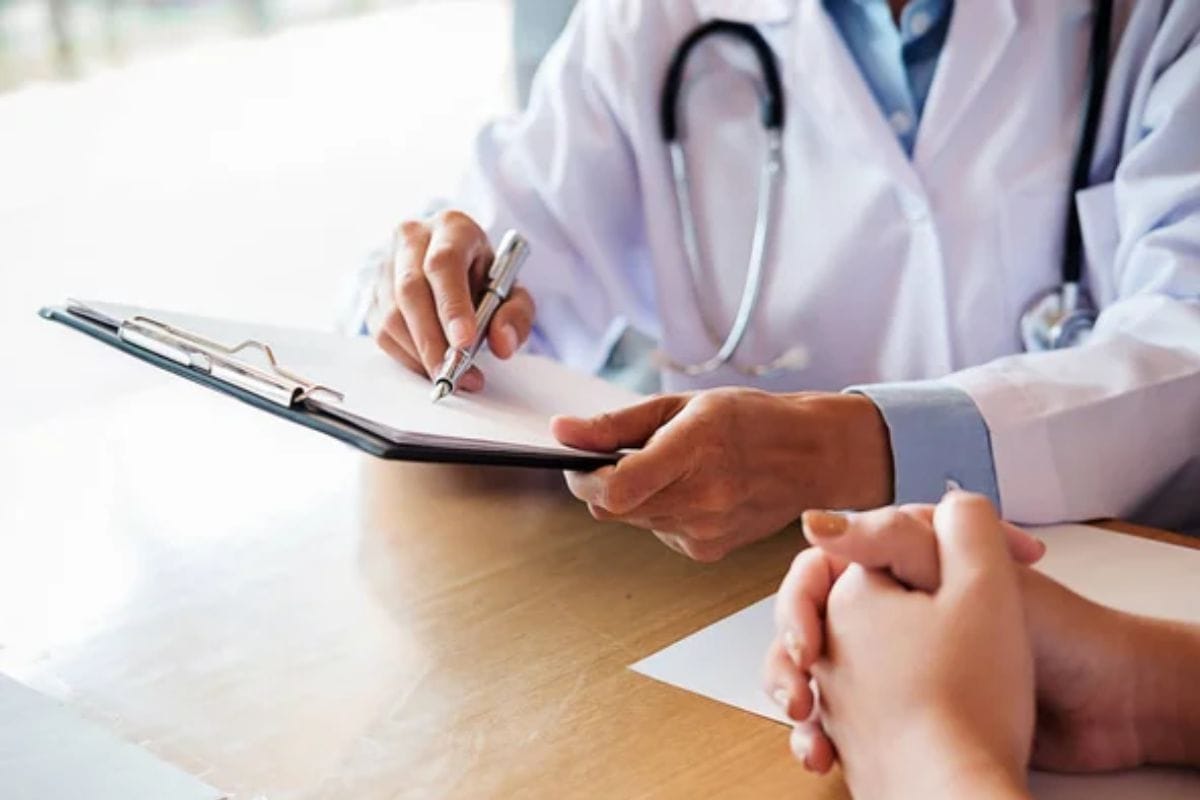
In Dubai, numerous hospitals provide dedicated breast cancer screening services, ensuring that women have access to comprehensive care and early detection methods. These facilities are equipped with advanced diagnostic technology, including mammography and ultrasound, along with specialized healthcare professionals focused on women's health. Below are some of the leading hospitals offering breast cancer screening:
- American Hospital Dubai: Known for its state-of-the-art medical technology, American Hospital provides comprehensive breast cancer screening, including 3D digital mammography, which allows for more accurate detection of abnormalities. The hospital’s dedicated women’s health team ensures personalized care, guiding patients from diagnosis to treatment, if necessary.
- Mediclinic City Hospital: Mediclinic has a specialized breast health unit that offers full-spectrum services from screening to diagnosis. Their team uses the latest digital mammography technology, and consultations with breast specialists are available to provide expert care. The hospital emphasizes patient comfort and privacy during the screening process.
- Zulekha Hospital: Zulekha Hospital has a dedicated women’s health center offering routine breast cancer screenings, including mammograms and clinical breast exams, at both their Dubai and Sharjah locations.
- King’s College Hospital Dubai: This hospital offers comprehensive breast screening services, including digital mammography, 3D mammography, and ultrasound, along with advanced diagnostic imaging techniques.
- Saudi German Hospital Dubai: The Breast Cancer Care Centre at Saudi German Hospital provides mammography, ultrasound, MRI, and biopsies for breast cancer diagnosis. It offers specialized care with experienced professionals to support patients throughout their journey
Also Read:
